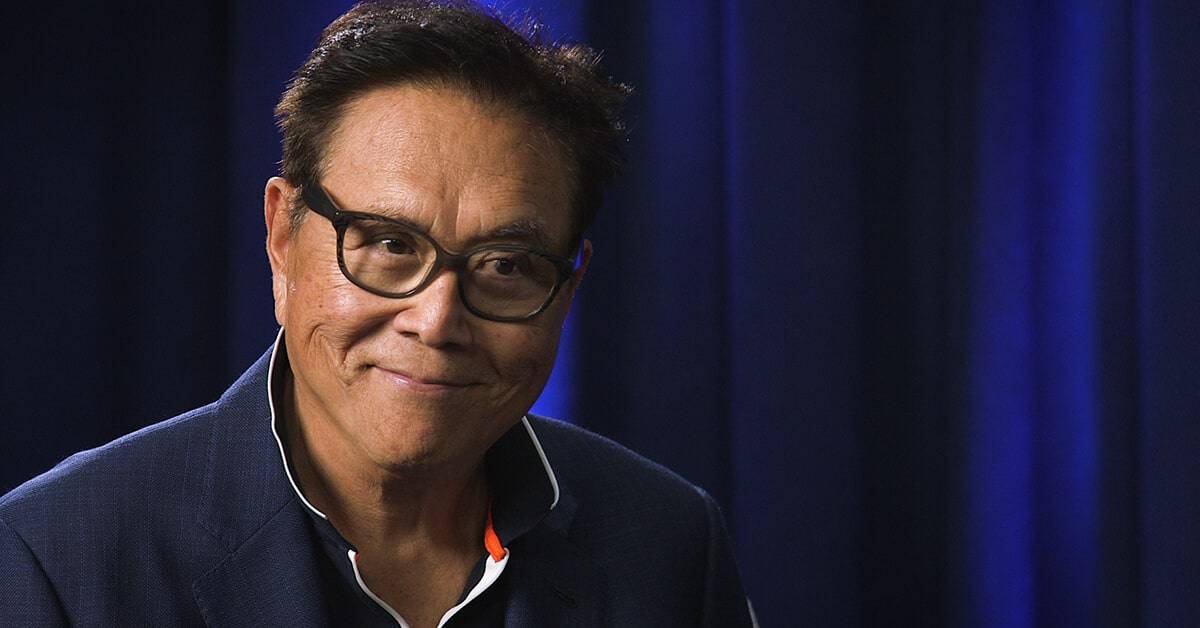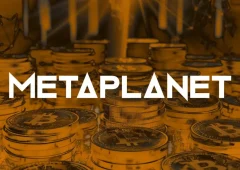Robert Kiyosaki Backs Bitcoin as Key to U.S. Financial Recovery
05.03.2025 20:00 2 min. read Alexander Zdravkov
Robert Kiyosaki, the bestselling author behind Rich Dad Poor Dad, continues to champion Bitcoin as a solution to the United States’ financial struggles.
He is optimistic that Bitcoin’s potential, paired with President Donald Trump’s pro-crypto policies, will lead to significant value growth for the cryptocurrency. Kiyosaki has emphasized that he remains an active buyer of Bitcoin, confident that it will play a key role in resolving the country’s economic issues.
Kiyosaki sees Bitcoin as a major asset that could help alleviate the U.S. national debt. He is particularly enthusiastic about Trump’s stance on Bitcoin, predicting that Trump’s adoption of the cryptocurrency will drive its value even higher.
This sentiment stems from Kiyosaki’s belief that the true winners in the market are those who bought and held Bitcoin during previous downturns, rather than those who sold.
Recent developments, including Trump’s decision to recognize Bitcoin as part of the national crypto reserves, have added to the positive outlook for the crypto sector. With the possibility of more government-backed Bitcoin purchases, Kiyosaki believes the financial landscape is ripe for a Bitcoin surge.
He insists that Bitcoin is an essential tool in tackling the financial problems plaguing the U.S., especially as traditional financial systems face increasing scrutiny.
In addition to his own Bitcoin purchases, Kiyosaki continues to warn against overreliance on the U.S. Dollar, which he criticizes as a “scam.” He argues that the Federal Reserve’s control over monetary policy benefits the wealthy, leaving ordinary citizens vulnerable. For Kiyosaki, Bitcoin offers a promising alternative to the traditional financial system and a way for individuals to secure their financial futures.
-
1
Bitcoin Hashrate Declines 3.5%, But Miners Hold Firm Amid Market Weakness
27.06.2025 21:00 2 min. read -
2
Trump-Linked Truth Social Pushes for Bitcoin-Ethereum ETF as Crypto Strategy Expands
25.06.2025 19:00 2 min. read -
3
Bitcoin’s Price Closely Mirrors ETF Inflows, Not Corporate Buys
26.06.2025 11:00 2 min. read -
4
Crypto Company Abandons Bitcoin Mining to Focus Entirely on Ethereum Staking
26.06.2025 20:00 1 min. read -
5
Bitcoin ETF Inflows Hit $2.2B as Market Calms After Ceasefire
25.06.2025 17:00 1 min. read
Bitcoin Price Hits Record Highs as Exchange Balances Plunge
A sharp divergence has emerged between Bitcoin’s exchange balances and its surging market price—signaling renewed long-term accumulation and supply tightening.
What’s The Real Reason Behind Bitcoin’s Surge? Analyst Company Explains
Bitcoin touched a new all-time high of $118,000, but what truly fueled the rally?
Bitcoin Lesson From Robert Kiyosaki: Buy Now, Wait for Fear
Robert Kiyosaki, author of Rich Dad Poor Dad, has revealed he bought more Bitcoin at $110,000 and is now positioning himself for what macro investor Raoul Pal calls the “Banana Zone” — the parabolic phase of the market cycle when FOMO takes over.
Bitcoin ETFs See $1B Inflow as IBIT Smashes Global AUM record
Spot Bitcoin ETFs recorded a massive influx of over $1 billion in a single day on Thursday, fueled by Bitcoin’s surge to a new all-time high above $118,000.
-
1
Bitcoin Hashrate Declines 3.5%, But Miners Hold Firm Amid Market Weakness
27.06.2025 21:00 2 min. read -
2
Trump-Linked Truth Social Pushes for Bitcoin-Ethereum ETF as Crypto Strategy Expands
25.06.2025 19:00 2 min. read -
3
Bitcoin’s Price Closely Mirrors ETF Inflows, Not Corporate Buys
26.06.2025 11:00 2 min. read -
4
Crypto Company Abandons Bitcoin Mining to Focus Entirely on Ethereum Staking
26.06.2025 20:00 1 min. read -
5
Bitcoin ETF Inflows Hit $2.2B as Market Calms After Ceasefire
25.06.2025 17:00 1 min. read


